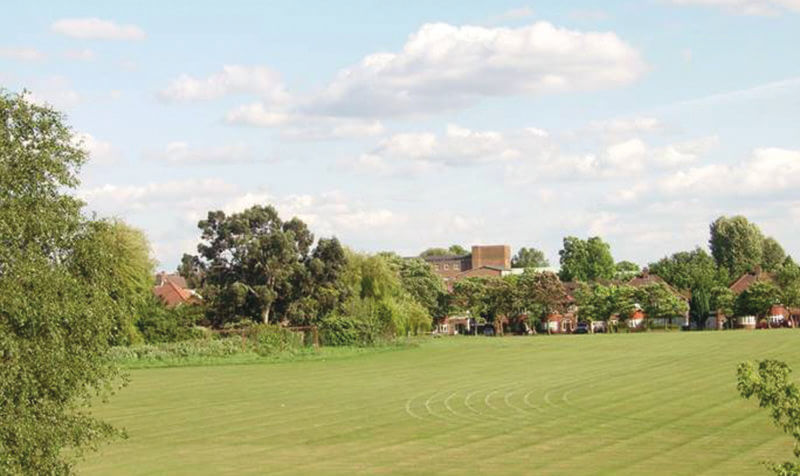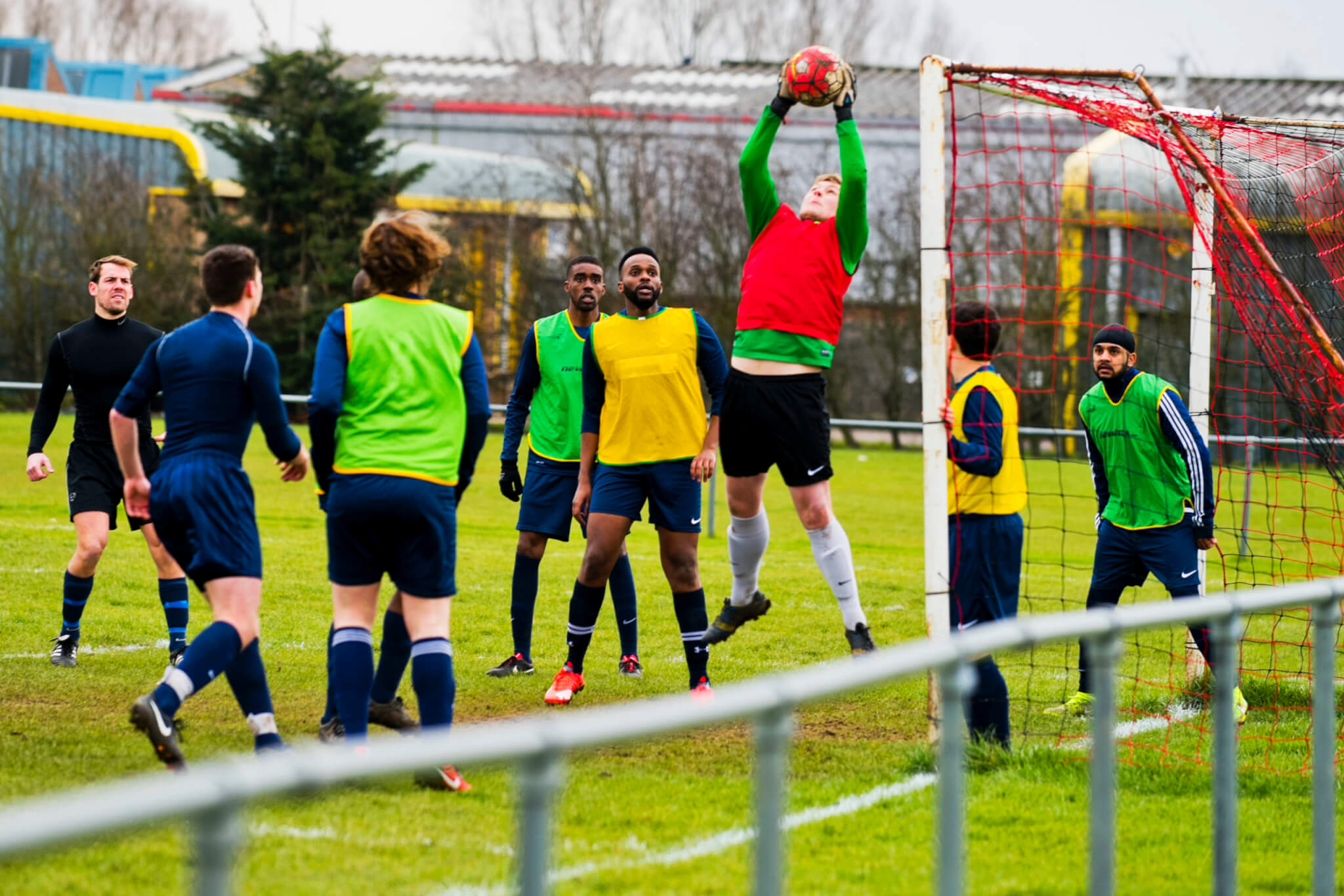


But there’s no regular audit on the exact number of London playing fields lost to development or neglect.
Our Fields at Risk Register aims to help change this. The early warning system lists sites in imminent danger of commercial or residential development. Through it, we support community groups to safeguard playing fields and restore them to full use.
Over the last decade, our Fields at Risk Register, has saved over 20 threatened sites for current and future generations of Londoners.
We are opposed to any development on playing fields that leads to a net loss in sports pitches. Once a playing field is lost, it is lost forever.

Maintaining a database of playing fields at risk. The register allows the London Playing Fields Foundation to collect and record community group concerns about the potential loss of a local playing field. It also complies with data from Sport England on planning applications for playing fields.
Advising community playing field groups for potential grant applications. We make groups aware of potential funding streams to improve or bring their local field back into use. Using our strategic networks and contacts, we also help them determine if they can manage and run the playing field.
If you are concerned about a field at risk in your area, please do get in touch. Once included on the register, the London Playing Field Foundation puts in place a three-stage package of support. Please email enquiries@lpff.org.uk
After a nine-year campaign, our support for the Save Oakfield Site community group helped stop the local council from selling a playing field in Redbridge to build hundreds of new houses.
We encouraged the Football Association, England and Wales Cricket Board, Sport England, London Sport and the Campaign to Protect Rural England to oppose the scheme in a coordinated and targeted way.
This supported the Save Oakfield Campaign to submit a parliamentary petition of 6,000 signatures to the House of Commons, endorsed by their local MP, and to lobby local councillors and keep a high media profile. The group opposed evidence at a 2017 public inquiry where they made the case for the benefits of sport.
Following this, the planning inspector advised Redbridge Council that it could achieve its housing targets without the need to remove Oakfield Playing Field from Green Belt land.
One of the main reasons why playing fields are under resourced, and therefore vulnerable, is the very low appreciation of their potential to contribute to council objectives.
When we supported the Friends of Udney Park Playing Fields, in 2019, we recommended that the London Borough of Richmond take a more joined-up approach to protecting playing fields. This followed the potential loss of the 12.8-acre Udney Park Playing Field.
In our objection letter to the council, we suggested parks, sports development, education, health and planning departments work together to restore the playing field to full use for the benefit of local people.
We discovered insufficient data to justify the loss of the sport and recreation facility and demonstrated that the planning application was contrary to the council’s own policies in their Richmond Playing Pitch Strategy.
We argued that they had a duty to seek the local neighbourhood’s opinion on their plans. There was significant local opposition to the development of the site and a strong consensus that it should be retained for sport and recreation purposes.
When the London Borough of Islington planned to reduce the size of the sports pitch at Barnard Park in Islington by 70%, a local community group sought our support to oppose it.
After meeting representatives from the local group and liaising with Sport England in 2017, the London Playing Fields Foundation wrote a letter of support and advised on what action to take. We suggested the group apply for capital grants from Sport England and the Football Foundation to upgrade the pitch to a full-size floodlit 3G artificial turf. This would provide a community resource for local people and help improve participation in sport and physical activity.
Local residents commissioned a legal review which demonstrated significant flaws in the council’s planning process and challenged assumptions that the plans were well supported by the community.
The local group aimed to work in partnership with us to develop the pitch according to the wishes of the community.